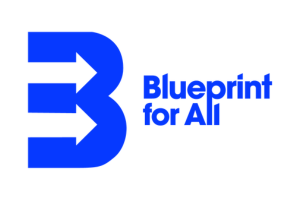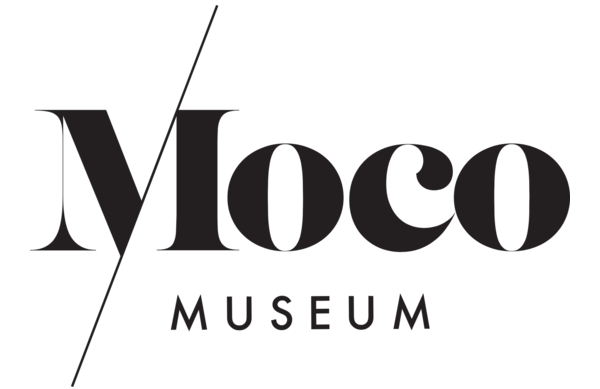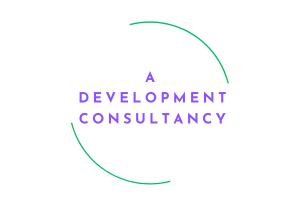Bridging the generational gap: engagement in today’s workforce

Roughly 27% of the UK workforce is Gen Z, projected to become the largest working group by 2035 – and Millennials make up a major portion too (34%). At the same time many Baby Boomers are still active in the workforce (12%), while Gen X (27%) continue to lead in many organisations. For the first time in history, five generations are working side by side. These generations bring very different values, communication styles and expectations about work, so now more than ever it’s essential to bridge the generational gap.
Multigenerational workforces aren’t a challenge to manage — they’re an opportunity to future-proof the business – but only if companies are intentional about how to lead, engage, and create workplaces that work for everyone.
Understanding what each generation values
Each generation brings its own motivations and work styles:
- Traditionalists (born ~1928–1945) value respect, loyalty, and structure
- Baby Boomers (born ~1946–1964) seek purpose, recognition, and steady progression
- Gen X (born ~1965–1980) are motivated by autonomy, flexibility, and balance
- Millennials (born ~1981–1996) want growth, feedback, and work that aligns with their values
- Gen Z (born ~1997–2012) expect flexibility, inclusion, and mental health support, while seeking rapid development and meaningful challenges.
This spectrum of expectations creates complexity — but also enormous opportunity. When organisations recognise and respond to these differences, they unlock stronger collaboration, deeper engagement and greater resilience.
A shift in how careers are seen
One of the biggest generational shifts is how younger employees view careers. For Gen Z and younger Millennials, long tenure and steady linear progression are no longer the ultimate markers of success. Instead, they measure value by contribution: the impact they make, the opportunities to grow and whether their work aligns with their values. Careers are fluid rather than fixed, with side hustles, portfolio roles and frequent moves seen as signs of adaptability and ambition, not disloyalty.
But this isn’t just about younger generations. Older employees bring vital institutional knowledge, perspective and stability — and they too want to feel valued and supported. Engagement strategies that combine transparency, mobility and flexibility benefit everyone, regardless of age.
The pivotal role of managers
Middle managers are able to bridge the generational gap. They interpret culture, set expectations and make engagement tangible. Yet they can only succeed if equipped with the right tools — inclusive communication, coaching skills and the ability to support wellbeing and growth across diverse needs. Supporting managers to lead across values and experiences is one of the most powerful steps organisations can take.
Best practice for bridging the generational gap
So, what works in practice? A few key strategies stand out:
- Design progression for agility, not tenure: Move beyond rigid career ladders and offer modular development, internal gigs and project-based growth.
- Make flexibility the default: Hybrid and remote options, asynchronous collaboration and outcome-based performance help everyone thrive.
- Retain talent through purpose: Make work feel meaningful by showing how roles connect to organisational goals and ensuring visible mobility pathways.
- Invest in managers as coaches: Equip them to flex across different values, expectations and communication styles.
- Encourage multigenerational collaboration: Build mixed-age teams, break down stereotypes and actively create opportunities to learn from one another.
Engagement across generations isn’t about ticking boxes for age groups. It’s about creating a workplace where every individual — at every stage — can see how they contribute, grow and belong. By embracing the diversity of a multigenerational workforce, organisations don’t just manage complexity — they build workplaces fit for the future.
If you would like to talk to one of our consultants about how we could help with any of the points above, please get in touch.




